Exact Answer: 2-4 days
Cauliflower is a popular vegetable mainly for its nutrition value and the ease in its preparation. Over the years, cauliflower has come to be substituted for potatoes, flour, and rice in the kitchen; this is because of its versatility working as an ingredient in various recipes.
As a fresh vegetable, it is essential to know how long it can last along with the proper storage to lengthen its shelf life. This article will explore the proper storage of cauliflower as well as how long it lasts and why.
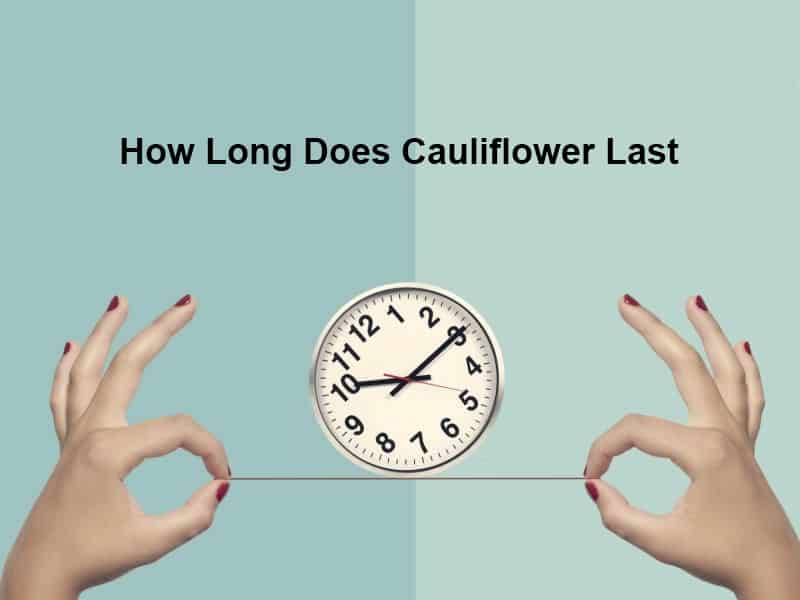
How long does cauliflower last?
| Cauliflower State | Lifetime |
| Uncooked (Room Temperature) | 2-4 days |
| Uncooked (Refrigerator) | 7-21 days |
| Uncooked (Freezer) | 12-18 months |
| Cooked (Room Temperature) | 2 hours |
| Cooked (Refrigerator) | 7-10 days |
| Cooked (Freezer) | 10-12 months |
Like other vegetables and fruits, cauliflower does not have a sell-by date, and unless you have picked it from your garden, you cannot quickly tell how long the cauliflower has been in the store.
Your calculation for when the cauliflower will expire will thus be based on the day you purchased it from the store. Of course, the storage of the cauliflower after it is obtained will affect to a great extent the amount of time the cauliflower can remain fresh.
Vegetables and fruits continually lose their nutritive value over time, it is thus essential to understand whether the cauliflower is fresh and to try and lengthen its shelf life.

Proper storage is paramount. After you have bought the cauliflower from the grocery store, you should keep it refrigerated at all times. Put the head of the cauliflower in a plastic bag and seal it thoroughly before storing it in the fridge.
Bacteria multiply very first at temperatures between 40 degrees and 140 degrees Fahrenheit; any cooked cauliflower let out for more than two hours should be thrown away. For your cauliflower to remain fresh, you must keep it refrigerated.
Why does cauliflower last this long?
Food goes wrong or gets spoiled due to microorganisms such as mold and bacteria, low temperatures in the fridge inhibit the growth of these microorganisms and thus prolong the shelf life of the food stored in a refrigerator. Cauliflower is a vegetable like any other, and when stored in a refrigerator, it will last longer due to the cold temperatures in the fridge.
When storing your cauliflower, it mustn’t be stored with fruits; this is because both fruits and vegetables produce ethylene gas that causes them to ripen. However, fruits provide more of this ethylene gas than plants. If stored together, the plants are likely to spoil sooner due to too much ethylene gas.
When cauliflower is stored in the freezer, the temperatures are too low that the growth of microorganisms is not only slowed, they are stopped completely. Study shows that for high-quality cauliflower stored in the freezer at a constant temperature of 0 degrees Fahrenheit, the cauliflower can remain safe indefinitely.
Refrigerating your cauliflower will ensure that you get the most out of it; it will remain fresh, thus keep all its nutritive value intact.



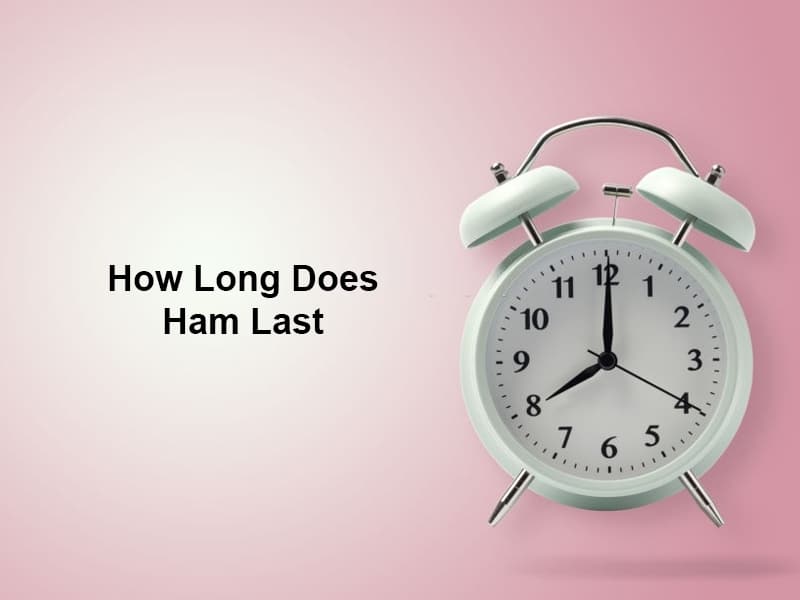
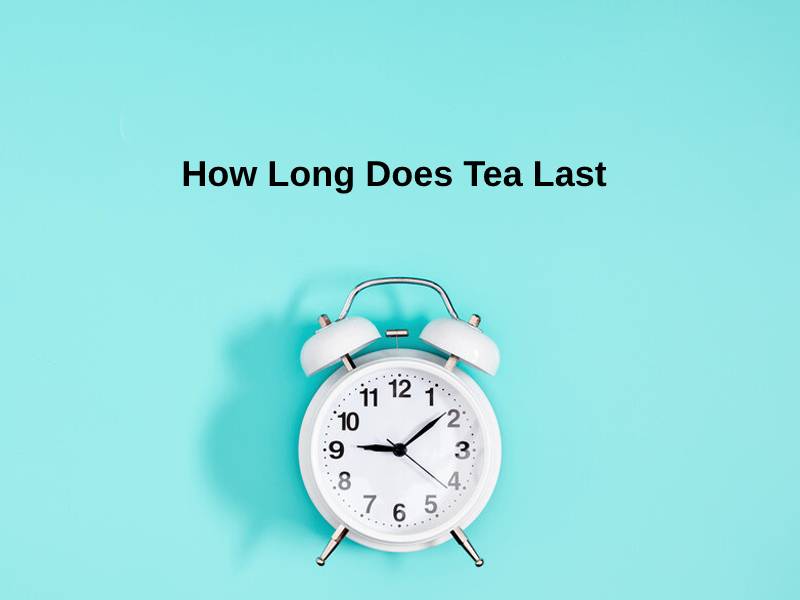
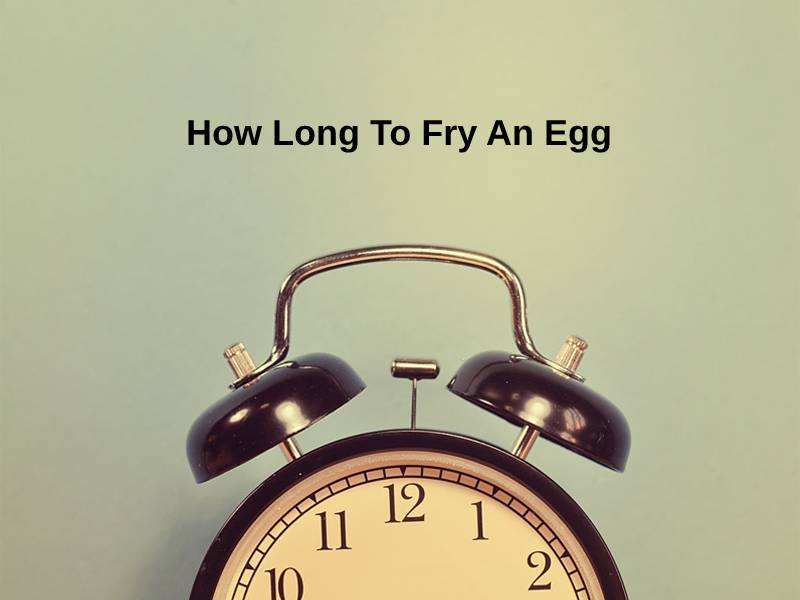
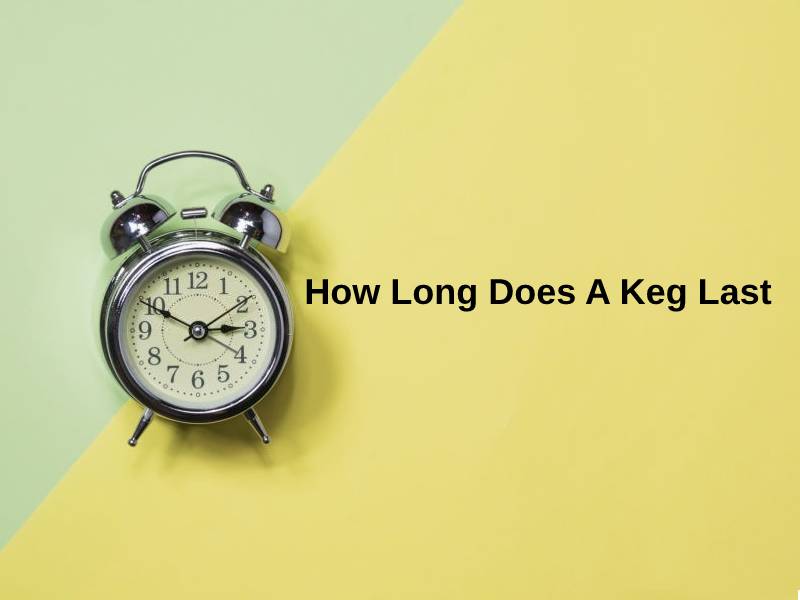

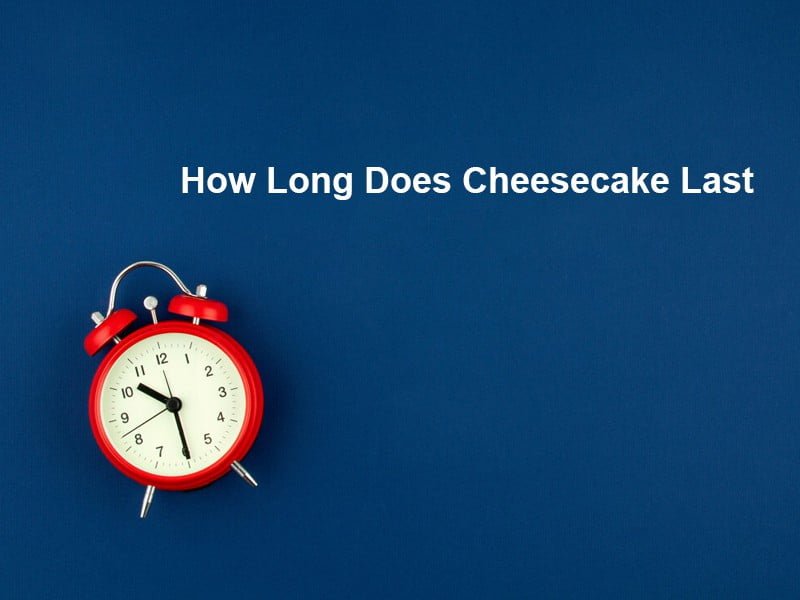
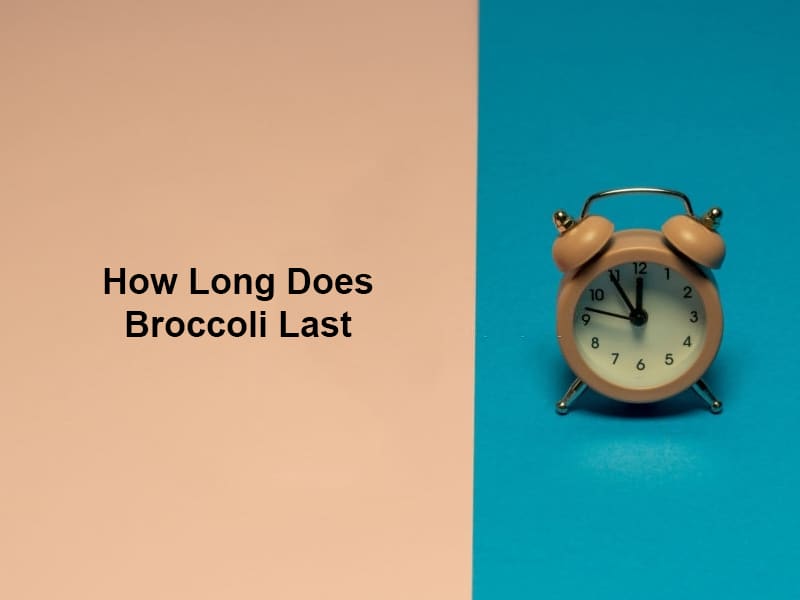
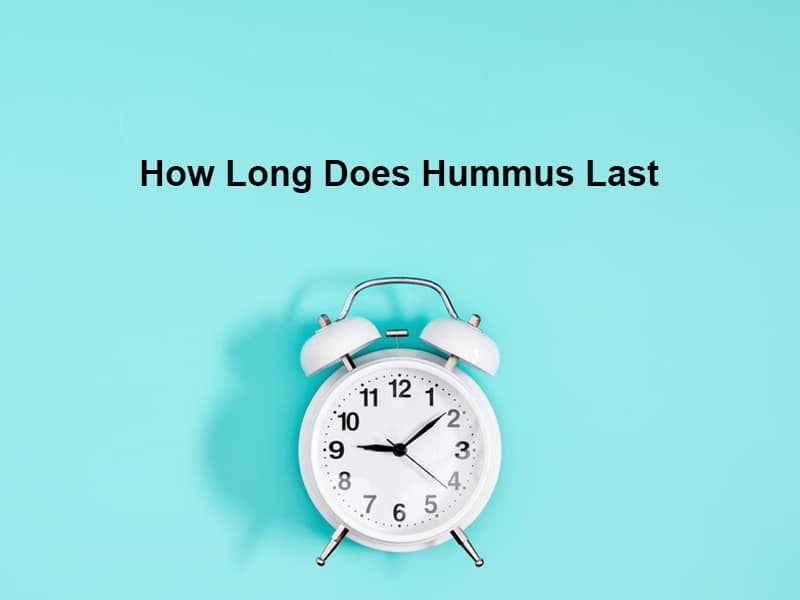
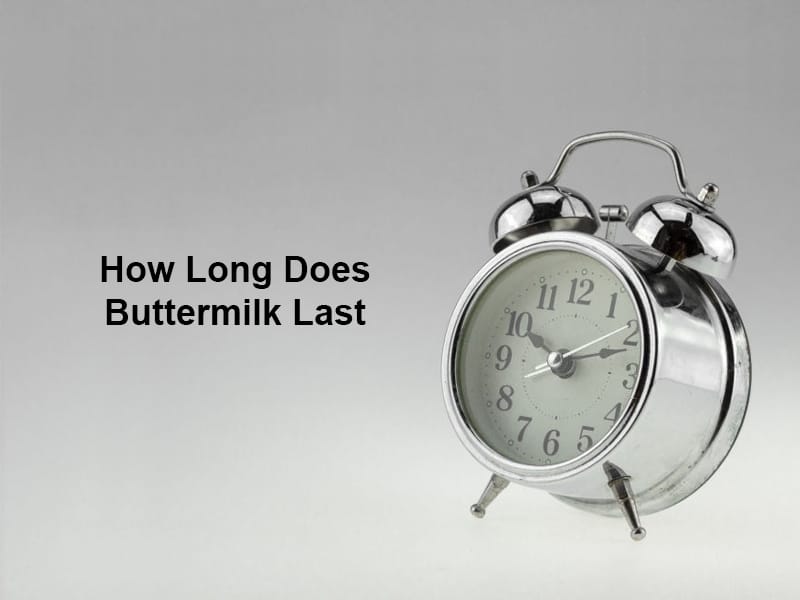



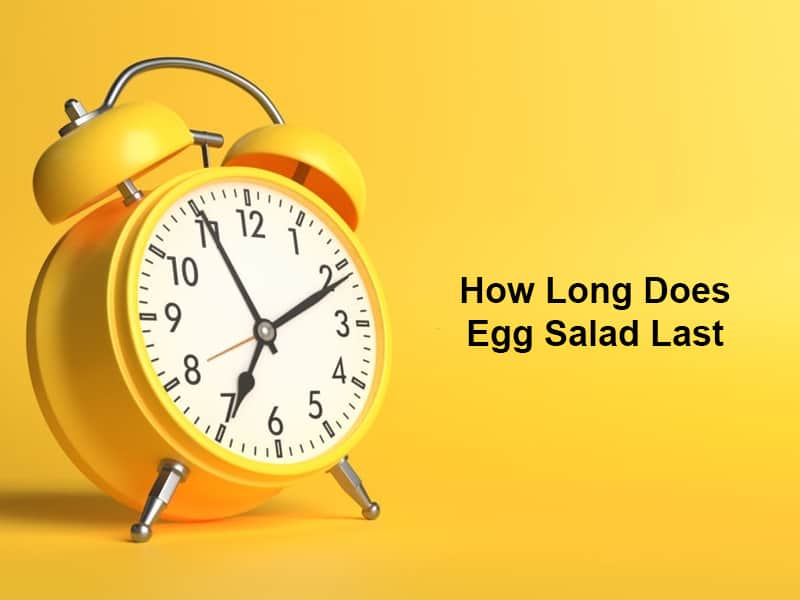

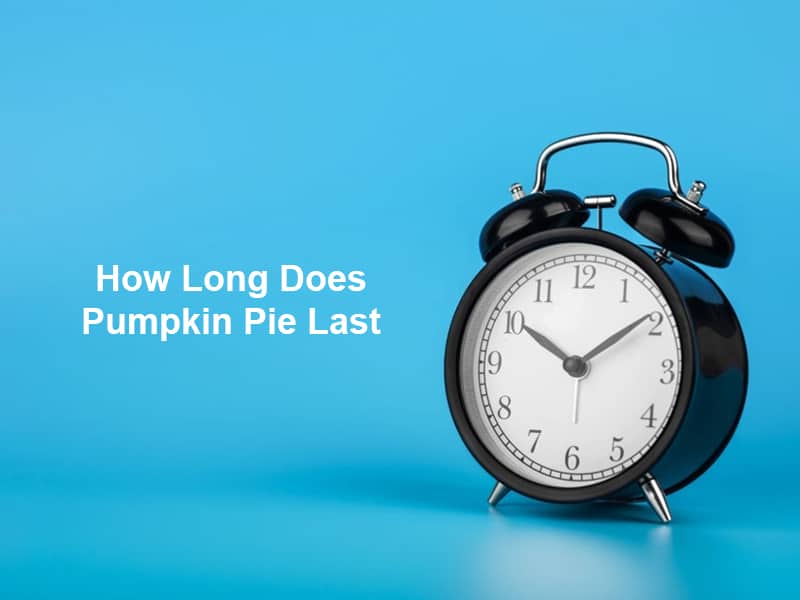
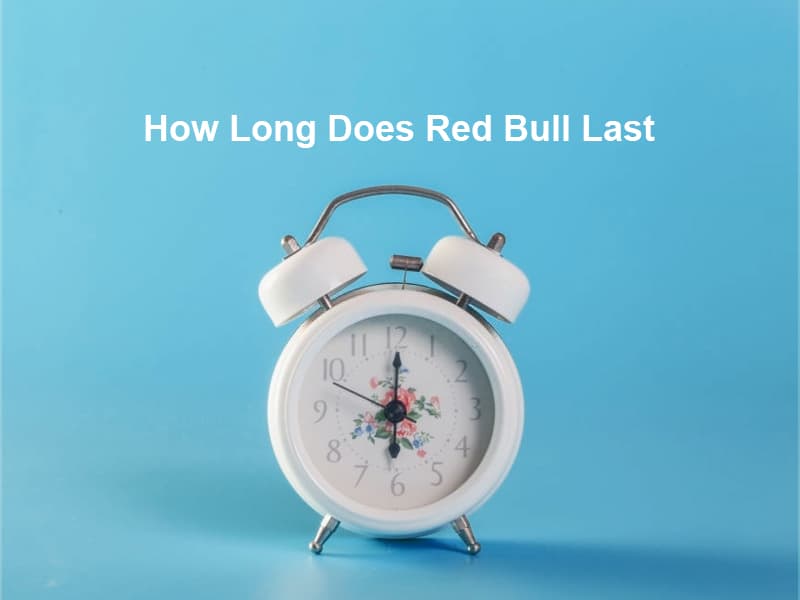
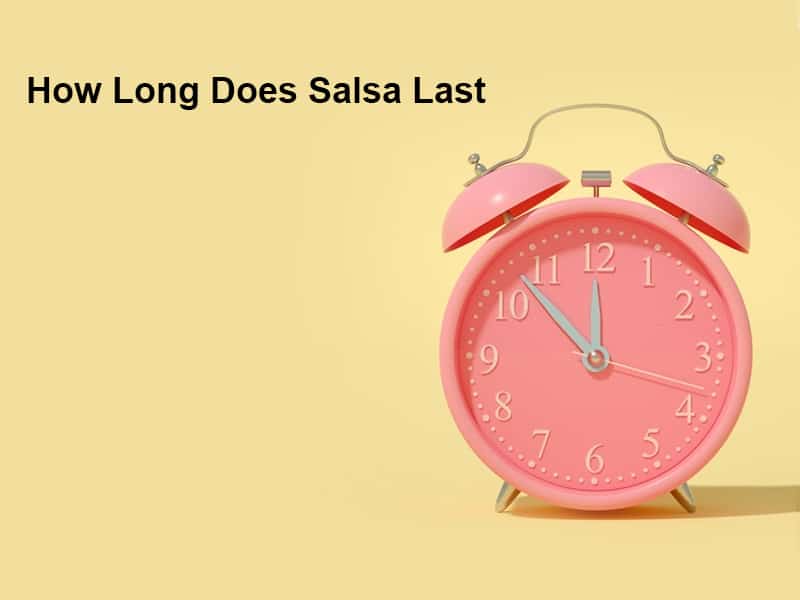
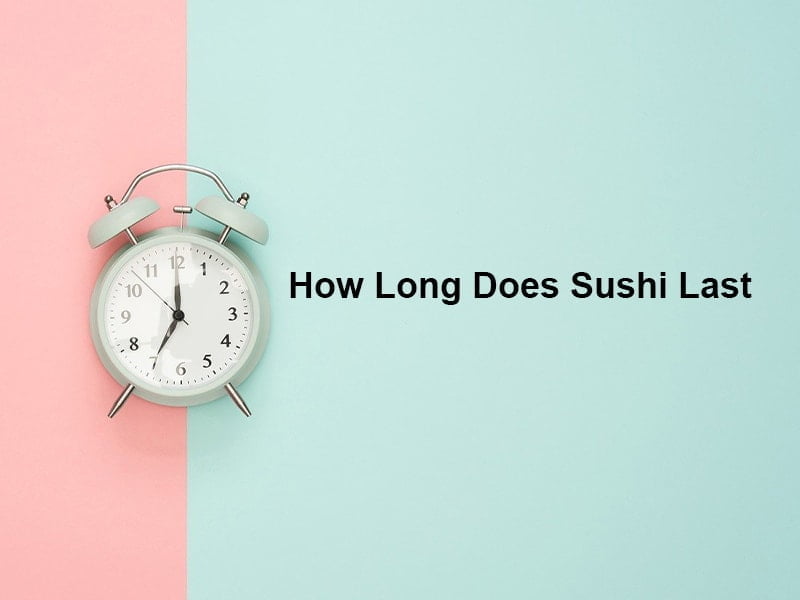
I’m impressed by this detailed analysis on cauliflower storage. I had no idea it lasted so long in the fridge, this is great to know.
I always thought cauliflower went bad quickly, but now I have a better understanding. This is a helpful article.
How fascinating! Cauliflower’s storage life is longer than I expected. It’s good to be aware of these details.
This article is enlightening, the details about temperature affecting shelf life are particularly interesting.
I never knew that I could store cauliflower in the freezer for so long! I feel more informed now.
Great article! It’s always good to know how to properly store cauliflower, a vegetable I use very regularly in my kitchen. This is very informative, thank you!
I couldn’t agree more! It’s important to understand the shelf life of our food and how to store it to prevent waste. This article is very helpful.
This is very useful information about cauliflower storage. I appreciate the breakdown of different storage methods and their impact on shelf life.
I agree, I wasn’t aware that cauliflower could be stored in the freezer for such an extended period!
Very interesting! I’ve often wondered about the shelf life of cauliflower. This article has answered all my questions.
Absolutely, the information provided here is valuable for anyone who regularly uses cauliflower in their meals.
This article is full of useful guidance on cauliflower storage. I will definitely apply these recommendations in my household.
Absolutely, knowing how to store our food properly is essential. This is a great source of information.
It’s impressive to learn about the impact of refrigeration on cauliflower shelf life. I’m glad to have come across this article.
Absolutely, the knowledge about proper storage methods is incredibly valuable. I’ve learned a lot from this post.
This article is very enlightening. I feel more confident in my ability to keep cauliflower fresh for longer periods now.
I couldn’t agree more. I think many readers will benefit from the valuable insights provided here.
Very insightful content! I appreciate the in-depth explanation of why proper storage is crucial for maintaining the freshness of cauliflower.
I couldn’t agree more. With this knowledge, I’ll be more mindful of how I store cauliflower in the future.
Absolutely, having a better understanding of food storage is immensely beneficial. This article provides a great deal of knowledge.